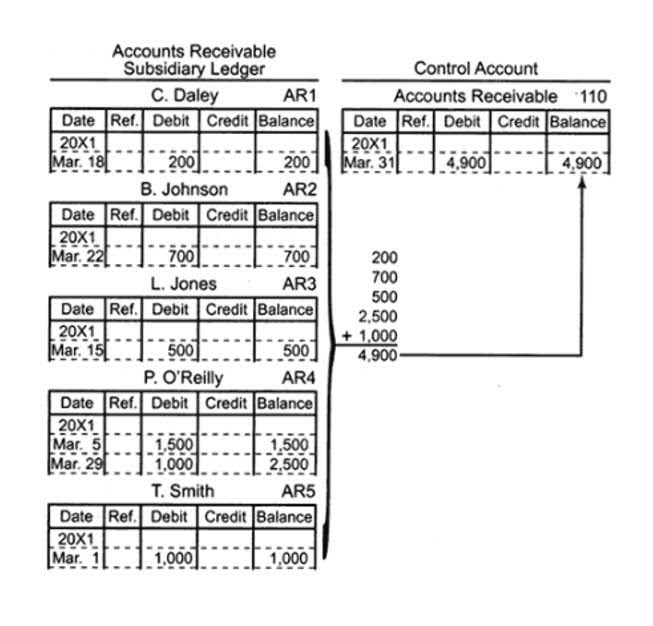Overall, whether or not automation engineering is a good career choice will depend on an individual’s interests, skills, and career goals. It can be a rewarding field for those who are interested in technology and enjoy working on complex projects, but it may not be the right fit for everyone. Automation engineers develop, test and implement software tools or programs to automate technical operations. Projects can range from simple tasks like automating the population of user data into a spreadsheet to complex tasks like automating the actions of industrial robots for manufacturing. This promotes the automation tester’s adaptability and ability to switch between different environments and tools whenever the market demands it.
What Does an Automation Tester Do?
The automation technician then uses this document to execute and maintain new systems. Automation engineers often hold a bachelor’s degree in computer science, electrical engineering, mechanical engineering or a related field. They may also earn a master’s degree or graduate certificate in automation engineering or a related field. Unlike traditional automation engineers, software automation engineers don’t need to have in-depth technical knowledge. Hiring skilled test and QA automation software engineers offers many benefits. The right picks can work with your existing staff to create, maintain, and manage automation for company systems.
Careers Related to Automation Engineer
Initial hypotheses for tough technological problems fail more often than not. Automation engineers must, therefore, be flexible in a climate of uncertainty. Engineers with outstanding adaptability skills will be ready to identify solutions for unexpected challenges and readily adjust to new situations. Automation engineers need to offer their staff members regular technical assistance. After you have landed an entry-level position, certification can help you advance in your career as you continue your search for a higher position in automation. Since certifications offer managerial and transferable skill sets, individuals receiving such accreditation usually land more senior positions.
Attend college for a STEM degree
Automation engineers will be key to driving this process, and those with the skills and expertise to work in this field will be well-positioned to take advantage of the many opportunities available. A person who designs, develops, and implements automated testing solutions for software applications is called a Quality Assurance Automation Engineer. This professional mainly automates the testing process and identifies bugs and other issues before JavaScript/Automation Engineer (JS) job the software finally goes to end-users. Many automation testers find themselves in a middle ground, where a more comprehensive understanding of programming languages is beneficial but JavaScript/Automation Engineer (JS) job not necessarily for actually writing automated tests. This knowledge can greatly assist in communication with developers, understanding test environments, and troubleshooting issues effectively and independently. An automation engineer is a skilled professional who designs, develops, and manages automated systems to streamline and optimize industrial processes.
So, the automation tester should be familiar with the integration tools required for automation. Automation ultimately ensures the success of DevTestOps.You may refer to a detailed explanation of extending test automation to enable continuous delivery. Close control and supervision of code enable automation test suites to integrate into the broader development pipeline. This integration can include shared version control and deployment (CI/CD) practices, ensuring that testing and development are always on the same page in the SDLC. Identifying the absence or presence of bugs within a feature helps us understand the risk that the feature is released and has quality issues.
- Slowly, automation testing is replacing manual testing(though it cannot be done completely).
- Also important are programmable logic controllers (PLCs), which automate industrial processes by monitoring inputs and outputs and promoting simple yet adaptable machinery control.
- The tester should have a good understanding and exposure to automation test tools will help in being a player in the automation testing field.
- Automation engineers power the modern technological landscape, bringing enhanced efficiency to every field imaginable.
- This means that there is research going into Automating as many tasks as possible with even better software specifically built for testing or introducing better RPA tools.
Soft Skills
Embrace the flexibility and accessibility of online courses that cover programming languages, control systems, and automation tools. Engage in hands-on projects, participate in virtual labs, and build a strong portfolio to showcase your skills. Automation engineers are in high demand as mechanical and digital systems become increasingly automated. Candidates can choose between various fields, be it industrial sectors or software development and IT teams. Either way, automation engineers should work closely with other stakeholders to help the business unlock better outcomes by reducing its dependence on human effort. If not beginning a career as an automation engineer, professionals may have previous experience in automation software development, automation equipment maintenance or similar roles.
Maintaining automation operations
Documentation planning may appear tedious, but it is essential for standardization and process control. Documentation promotes knowledge sharing, allowing other team members to understand how processes originated and how they need to be managed in the future. Control engineering involves planning and constructing systems that can monitor and control physical processes.
- It’s a crucial part of software testing, especially in Agile and DevOps environments, where rapid and frequent software deployments are the norm.
- Many professional developers use Python because it is the easiest language to learn for automation.
- We’ll also share tips for writing compelling job descriptions and interview questions.
- Once you’ve learned Python, C#, Java, JavaScript, or PHP for automation, you can break into other tech branches that interest you.
Mastering multiple languages would undoubtedly be advantageous to your profession. Since technology is continuously evolving, automation engineers must remain updated with industry norms and best practices. They frequently need to guide Software engineering the auditing process to discover opportunities to implement further automation. Additionally, they would need to strive to improve their established processes while offering technical assistance to colleagues as and when requested. An automation engineer’s responsibilities involve developing, coding, modeling, and evaluating automated machinery or systems intended to perform specific tasks. They will also be responsible for offering extensive documentation, including guidelines for design, to facilitate product manufacturing and implementation.
Training automation users
No guide on how to become an automation engineer would be complete without revealing the need for strategic networking. The automation engineering community is close-knit, and even modest networking efforts can open the door to exciting job opportunities. Networking should begin with degree programs, which introduce students to the field’s most influential engineers along with the most promising engineers of tomorrow.




































